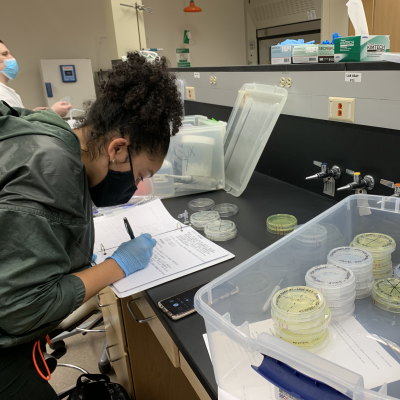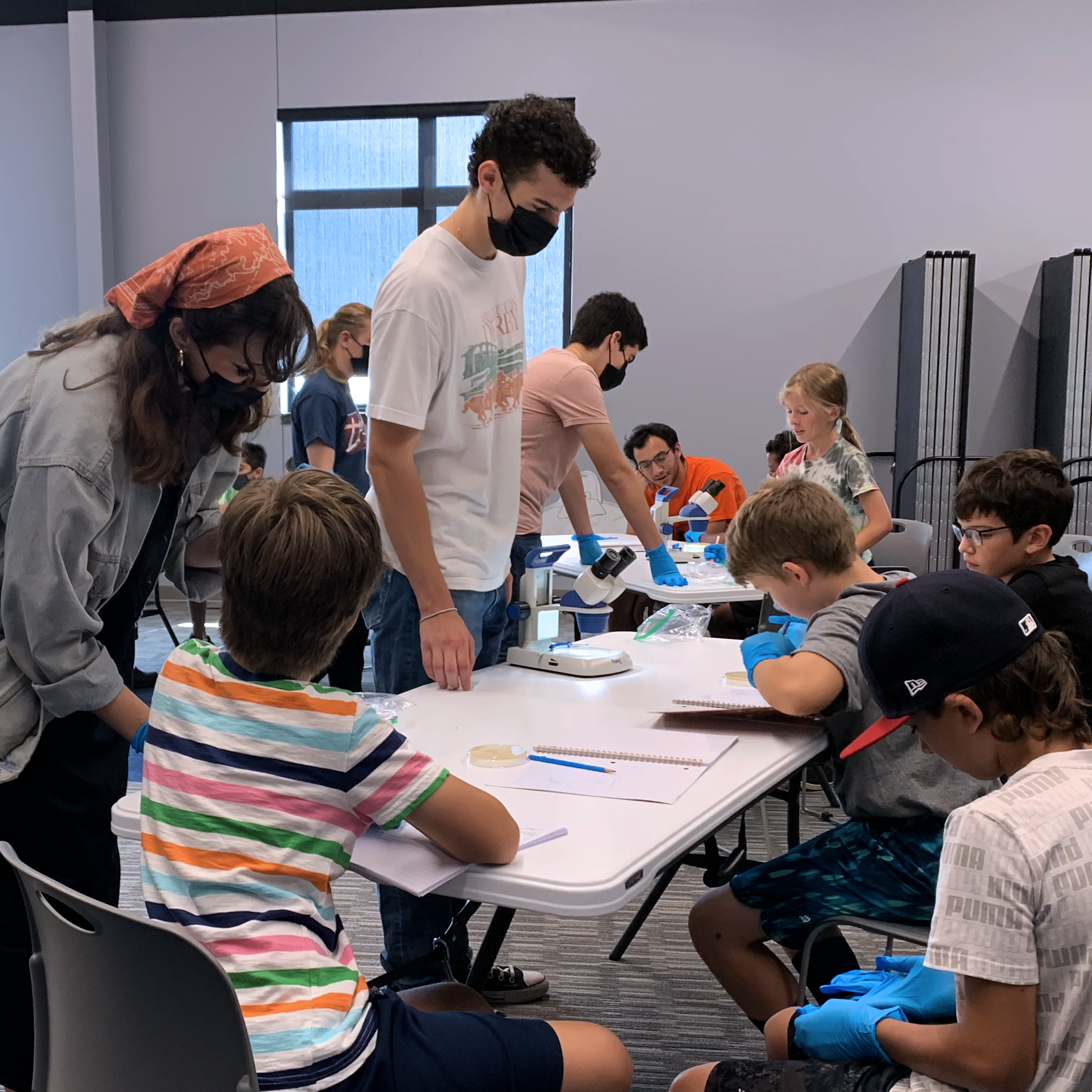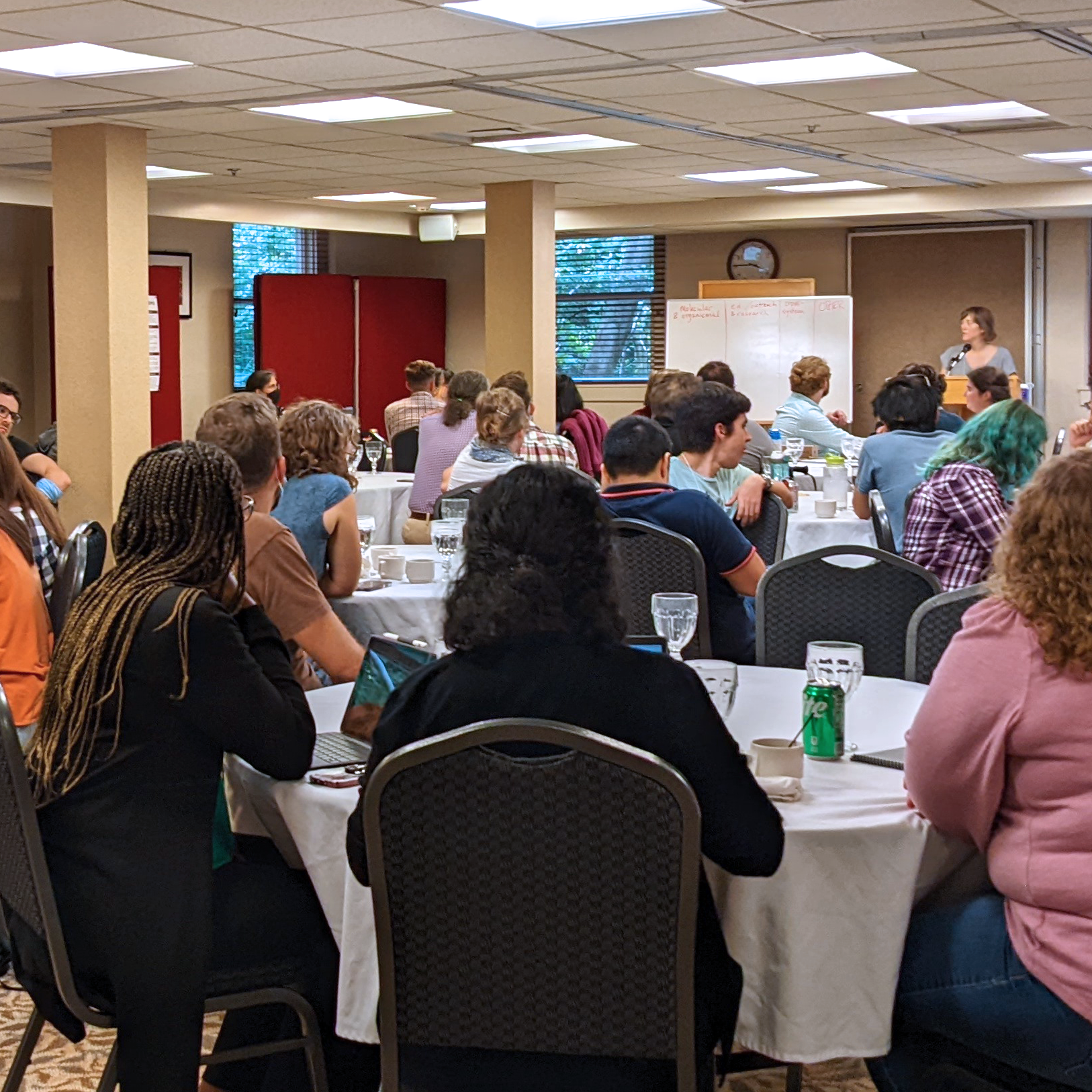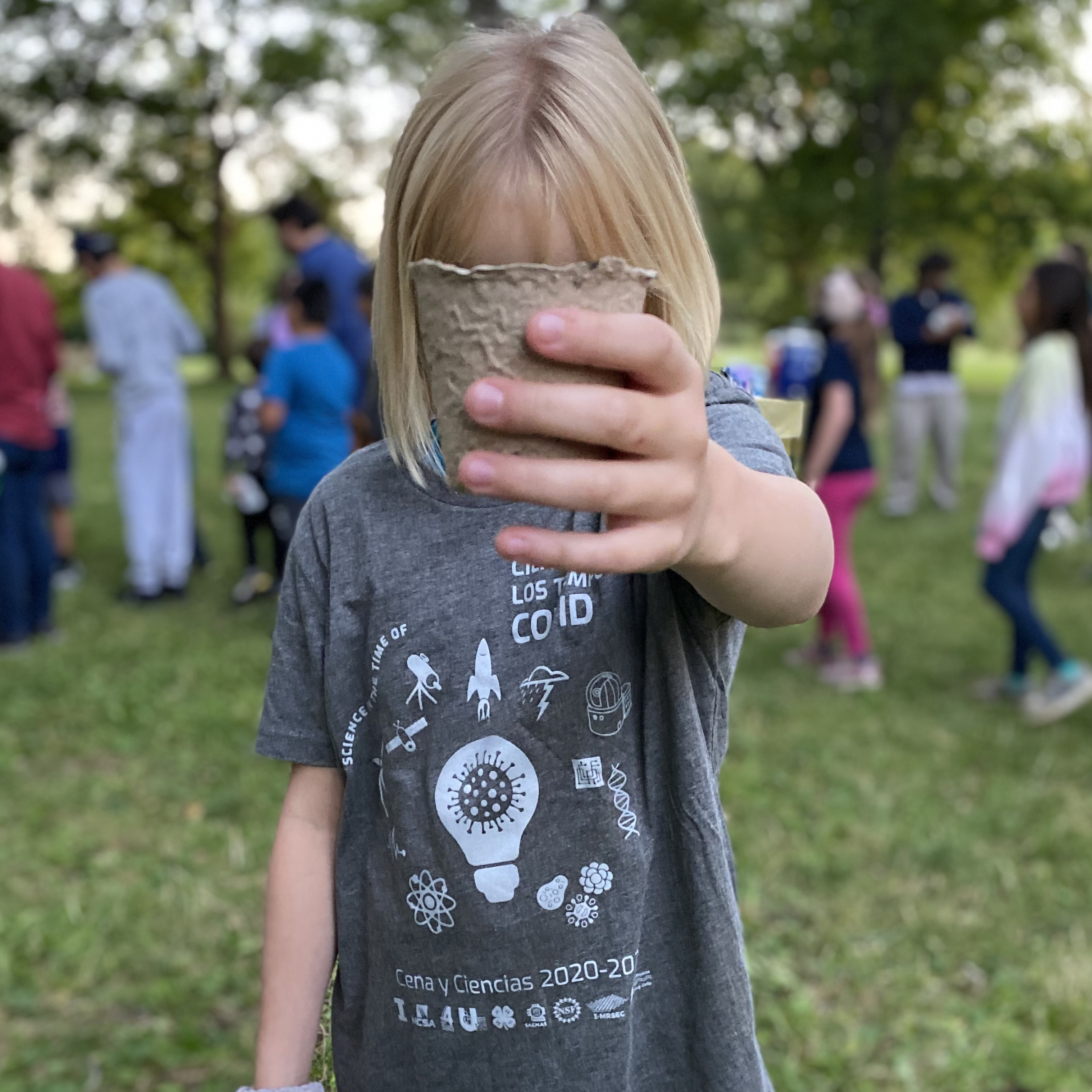GEMS believes that true integration means that research, education, diversity, outreach, and management are interconnected and inseparable. We offer a range of educational opportunities and activities for faculty, researchers, undergraduate and graduate students, K-12 teachers, and the general public.
Are you a member of GEMS? We're looking for volunteers!
Fill out an interest form
|
|
|
|
|
Courses & Seminars
GEMS serves both as a hub that ties together existing campus resources and as an incubator for the development of new courses, collaborative relationships, and scientific communication. Our courses integrate students, faculty, and researchers from the University of Illinois at Urbana-Champaign, University of Chicago, and Indiana University to learn skills ranging from genomic research to science communication and teaching.
- Computational and Analytical Genomics Training
-
Developed by team members in Indiana University, this course provides computational and analytical training for GEMS graduate trainees to analyze data generated by projects in the GEMS program. The course covers ~3-4 analysis workflows, with each workflow beginning with a seminar-style discussion on the theoretical background and biological context of the analyses, followed by a structured tutorial working with demo data, and ending with designated time to help students apply each protocol to their own data generated by other GEMS projects.
- Exploring Microbial Diversity
-
Although microbes are essential to every ecosystem, less than 1% have been cultured in the lab where they are easier to study. This laboratory-based course, offered at the University of Illinois, teaches graduate students how to design culturing strategies to target and grow microbes from natural environments. In addition, the class focuses, as an example, on microbes associated with plants (clover) and animals (bees) from the Kellogg Biological Station Long-Term Ecological Research (KBS LTER) site.
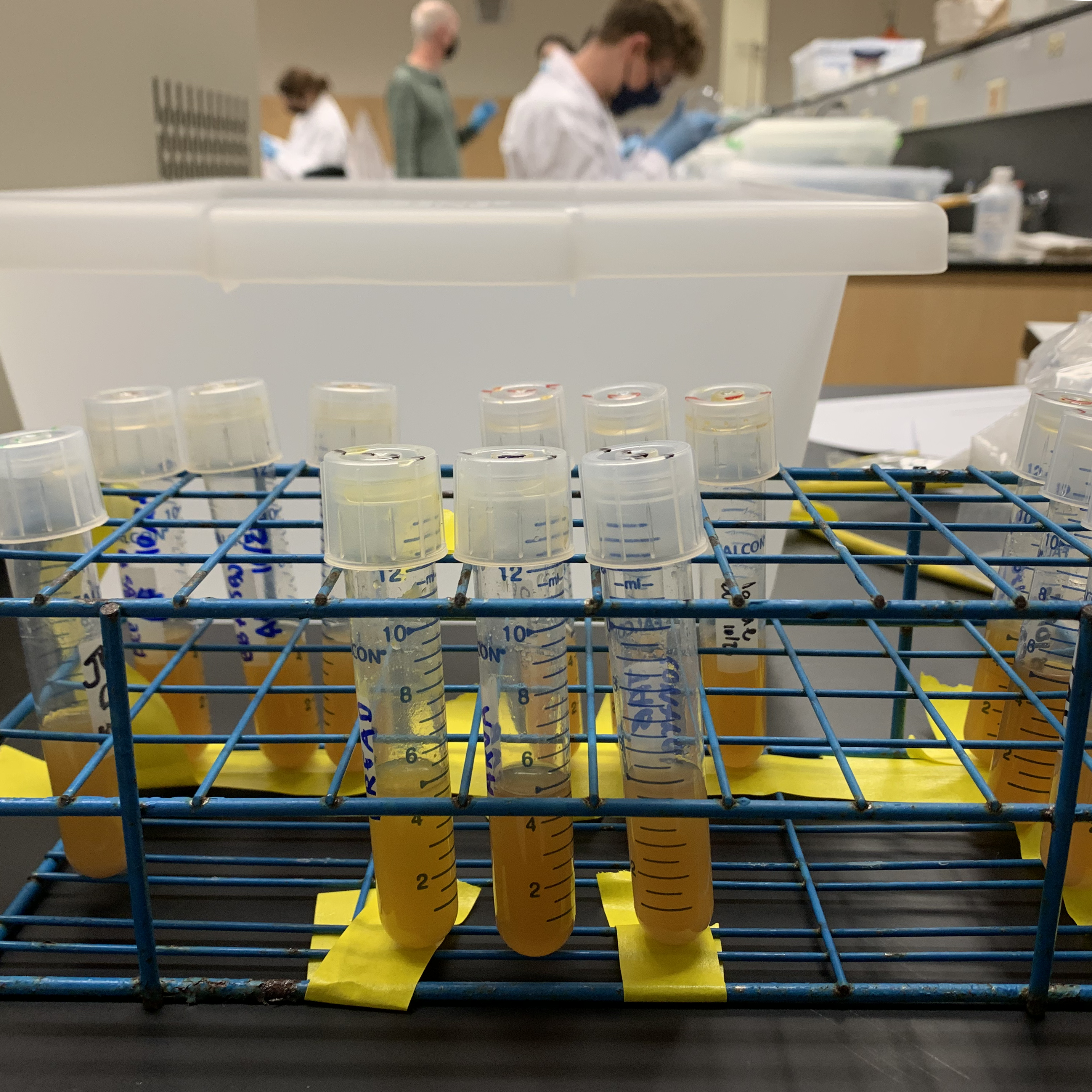
- GEMS SciComm (seminar series)
-
This informal seminar series (at fun locations!) was named SciComm for both science communication and science community. Held on the last Friday of every month, participants gather to talk about topics focused on GEMS broader impacts. The series started in summer 2022 as we returned to on-campus activities to help develop community within the GEMS institute, with a focus on supporting GEMS graduate students. This year, we are starting the series in March and will continue throughout the summer.
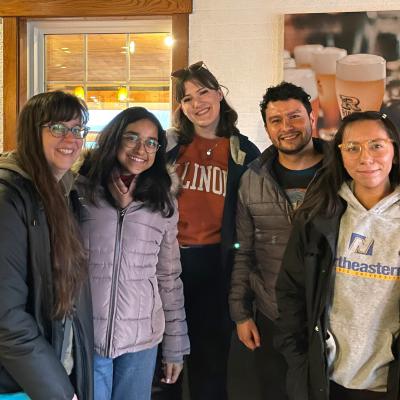
- GEMS Seminar Course
-
The GEMS seminar series provides an opportunity for trainees to read research papers together and then attend seminars given by the authors of those papers. This format provides students with the opportunity to learn new things and discuss them with the scientists who generated the data.
- Translating Science: Connecting the Next Generation Scientist with K-12 Educators
-
This graduate-level seminar course, developed by GEMS faculty at the University of Illinois and Indiana University, supports GEMS trainees to learn about and develop meaningful outreach activities. Increasingly, professional researchers need to integrate “outreach” activities with their research proposals when applying to funding opportunities. This course helps graduate students develop a foundational understanding of teaching methods through practice, implementation, and feedback from licensed science educators. Course content includes theoretical foundation and practical tools needed to develop curriculum and outreach materials grounded in science education literature, policy, and best practices.
K-12 Curriculum Development
GEMS faculty and graduate trainees have co-developed curriculum materials with professional K-12 science teachers in Illinois and Indiana. GEMS education and outreach activities, such as the Translating Science course and GEMS Institute summer workshops, have served as engines of initial development, testing, and feedback in the ongoing development of these curricula.
- Project Microbe
-
In this high school biology curriculum, students investigate how Carl Woese and his research partners used molecular methods to discover the Archaea domain through an exploration of the technological advances that led to the current three-domain tree of life. After observing live microbial communities from a Winogradsky column, students develop a model of the matter and energy cycles within ecosystems that can be applied to biological communities, micro or macro. Through reading adapted scientific articles, students develop science literacy skills and discover the critical role of microbial communities in human health and development. Finally, students model the stability and change of these microbial ecosystems by analyzing published data on the effects of antibiotics on the native microbes of the human microbiome. Unit developers and testers include graduate students and local middle school teachers.
- The Messy Water Investigation
-
In this curriculum, middle school students explore the phenomenon of harmful algae blooms. Through their investigation, students engage in scientific practices to examine relationships and how humans affect and rely on biodiversity. Unit developers and testers include graduate students and local middle school teachers. This unit was piloted in middle school classrooms during 2021-2022 school year, revised as part of the 2022 summer activities, and used again in middle school classrooms in the 2022-2023 school year.
- The Oil Spill Cleanup Investigation
-
How can we clean up polluted areas? How does pollution affect lake animals? This student-driven investigation centers on bioremediation, the intentional use of microbes to break down pollutants. High school teachers, who are former graduates of UIUC teaching programs, are designing this unit about ecosystem dynamics and management.
- The Garden Investigations
-
In partnership with high school teachers in Illinois and Kansas, materials are being collaboratively developed with GEMS graduate students (in science and education), and preservice and in-service teachers to develop resources for student-led investigations based on GEMS science. The topic of “garden investigations” is being used to touch on ideas such as plant-pollinator relationships, soil health and microbes, water cycles and healthy water ecosystems, as well as nutrition and eco-social justice. These investigations help students develop a deep understanding of what contributes to a successful garden (of any type) and support students’ answering questions about biodiversity, ecosystem dynamics and interactions.
Summer Workshops & Research Opportunities
Our summer workshops offer intensive professional training and support for K-12 educators and pre-professional undergraduate researchers. Virtual and traditional research experience opportunities allow undergraduates from local community colleges in Illinois and Indiana to connect with GEMS trainees and faculty and engage in ongoing research.
- Summer Workshops for K-12 GEMS Institute Teachers
-
GEMS hosts a series of professional development opportunities for K-12 teachers in Illinois and Indiana who are interested in being part of the GEMS Institute. Teachers develop curriculum materials linked to the Next Generation Science Standards (NGSS) and based on GEMS science. If interested in participating, please reach out to us at gems@life.illinois.edu to learn more.
- Distributed Science CORPS (Collaborative Opportunities in Research to Promote Success)
-
This is a fully remote, part-time research experience in biology for community college students in Indiana and Illinois led by GEMS trainees in collaboration with GEMS faculty members. The program allows students to participate in a distributed ecological study on seed predation as well as attend online professional development meetings on scientific research and STEM careers.
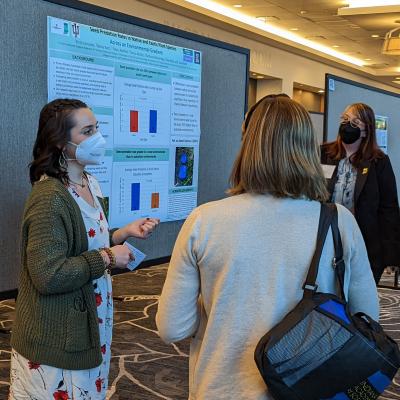
- Genomic Science CORPS
-
In this 8-week online summer workshop, GEMS graduate trainees and postdocs mentor undergraduate researchers enrolled in the National Summer Undergraduate Research Project (NSURP) to address the increasing need for a workforce trained in computational biology and genomics. The workshop aims to take undergraduate students from introductory programming to genomic analysis of a single microbial genome, including predicted variation of phenotypes such as antibiotic resistance.
- Research Experience for Undergraduates (REU)
-
Each summer, GEMS runs a 10-week research experience for undergraduates (REU) program for students from local community colleges in Illinois (Parkland College) and Indiana (Ivy Tech College). REU students are co-mentored by a GEMS faculty member and a graduate student or postdoc. At each institution, incoming REU students also join an established summer research training program to participate in career-building workshops and connect with a cohort of undergraduate colleagues working across disciplines. During this paid summer program, successful applicants participate in research that spans microbiology, plant biology, entomology, science education, and related fields.
- Jim Holland Summer Science Programs
-
GEMS supports the Jim Holland Summer Science Program run through the University of Indiana in Bloomington. The program aims to address ethnic and racial disparities in STEM by providing opportunities for high-achieving underrepresented students in grades 9-11 to learn about STEM fields through interaction with science researchers and hands-on laboratory and field projects.
Community Engagement
GEMS has partnered with established community programs to engage the public to share our research and foster scientific curiosity to inspire the next generation of scientists. GEMS faculty and trainees are active participants who have developed new science outreach materials and activities. Our partners include Cena y Ciancias, X-Time, the Champaign Park District, and others.
Interested in Volunteering? Fill out this form
- Cena y Ciencias (CyC)
-
Cena y Ciencias (CyC) is a collaborative science outreach program in the bilingual community of the Urbana and Champaign Public School District in Illinois that provides high-quality science programming for K-8 students and their families. GEMS trainees and faculty help design and run CyC events. CyC welcomes students and faculty to design engaging active learning experiments in units on a topic of interest that can be from one to four sessions. In addition, Spanish speakers can volunteer for any units.
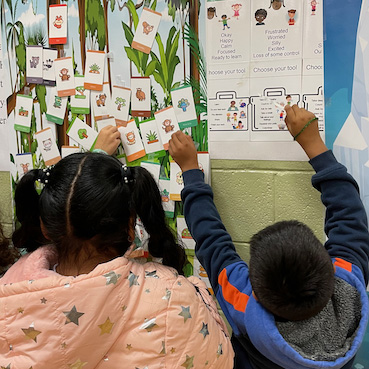
- Full S.T.E.A.M. Ahead
-
In a partnership between the Champaign Park District, X-Time, and the University of Illinois, GEMS graduate students design and test their ideas for activities based on GEMS research in Science, Technology, Engineering, Art, and Mathematics-focused after-school activities for third- through seventh-graders and their parents.
- X-PLORE Summer Camp
-
GEMS faculty and trainees collaborate with X-Time in Champaign, Illinois to develop and implement summer camp activities. In one activity, campers examine critters in pond water and explore various types of aquatic invertebrates. In another, campers grow and identify microorganisms from a range of soil samples.
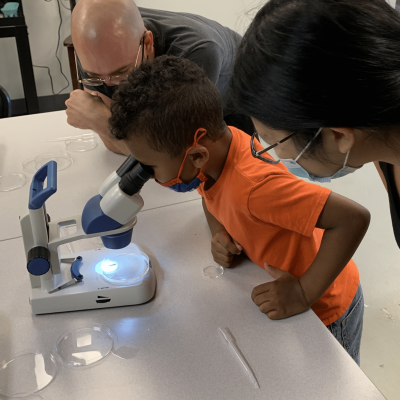
Partners
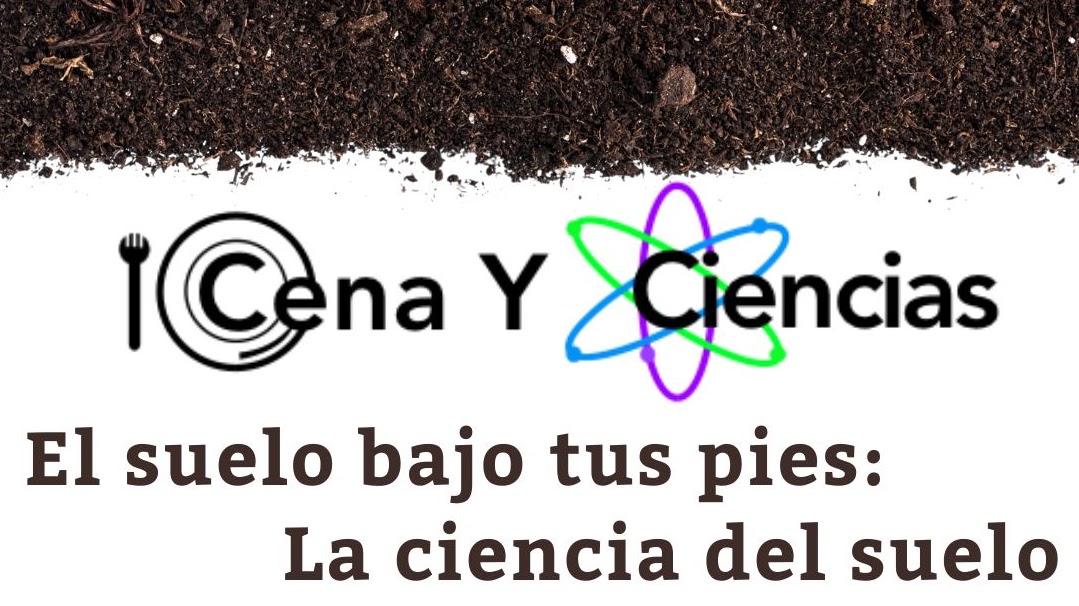
Cena y Ciencias
Cena y Ciencias ("Supper and Science") is a science outreach program that partners with the Urbana and Champaign school districts, SACNAS, the University of IL 4-H Youth Development Program, and university faculty and trainees to provide high-quality interactive and question-driven science programming developed and led by native Spanish speaking trainees for K-8 students and their families.
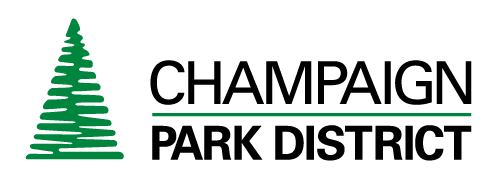
Champaign Park District
The Champaign Park District is a special district of local government with its own financial and legal responsibilities. It is governed by five elected residents of Champaign who give their services to the community. The District's mission is to enhance the community’s quality of life through positive experiences in parks, recreation, and cultural arts.

Impact on Science Education
Impact on Science Education is a group of collaborators that innovate science education through teacher education, research, and instructional design. Based out of the College of Education in the University of Illinois at Urbana-Champaign, Impact on Science Education works with academic institutions, educational organizations, small businesses, and individuals to improve science education learning and teaching.
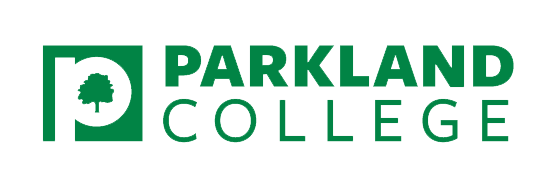
Parkland College
Parkland College is a community college based in Champaign, Illinois. It enrolls approximately 20,000 students annually. Their campus is a striking array of student lifestyles, with diverse cultures and communities, students ranging in age from 16 to 86, and a growing international presence.
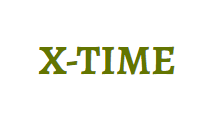
X-Time
X-Time is a 501(c) nonprofit that helps children explore interests through free online and in-person classes, X-PLORE Stations, and summer camps. We hope these opportunities will introduce students to a variety of topics and fuel their passions to learn more. X-Time has held over thirty-five online classes many of which covered different STEM topics. They also are excited to open their first X-PLORE Station, a free-standing structure that houses activities for children to explore at the station and at home. These hands-on materials include STEM, environmental, and sustainability topics. The station is opening at a community center in the Champaign-Urbana community where over 200 Boys and Girls Club members come each day. X-Time looks forward to continuing to grow by building X-PLORE Stations for communities near and far.


